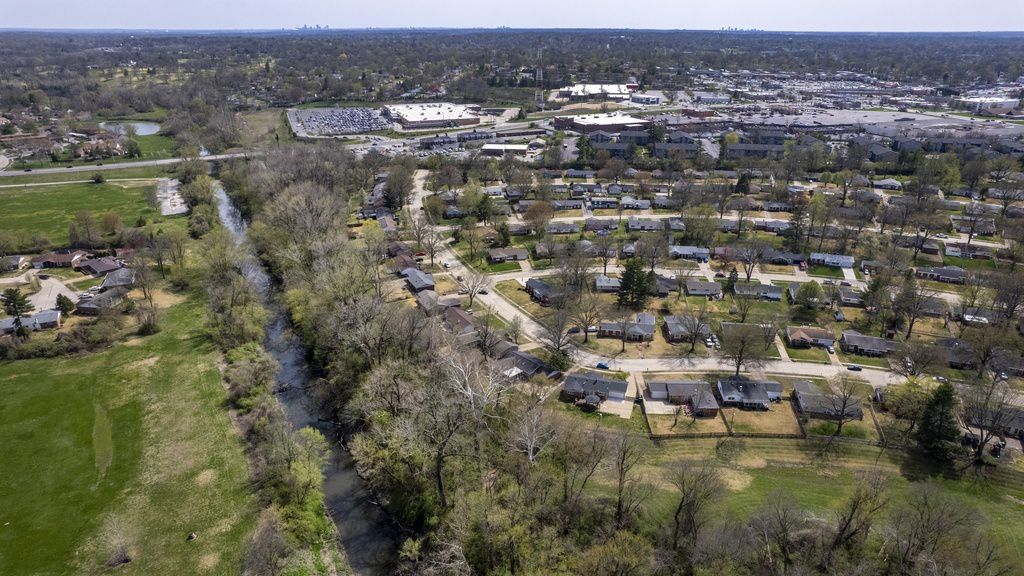ST. LOUIS—In the wake of new reporting demonstrating that the federal government and companies responsible for nuclear bomb production and atomic waste storage sites in the St. Louis region were aware of health risks and other problems but often ignored them, U.S. Sen. Josh Hawley, R-Mo. said residents in the region should be “made whole.”
The Associated Press, in collaboration with The Missouri Independent and the nonprofit newsroom MuckRock, reviewed hundreds of pages of documents obtained by outside researchers through Freedom of Information Act requests. The documents, including internal memos, inspection reports and others dating to the early 1950s, found nonchalance and indifference to the risks of materials used in the development of nuclear weapons during and after World War II.
In the decades since, residents in communities from the city of St. Louis to Weldon Spring have grappled with health problems that they say are the result of contamination, either from working for one of the companies or living near the polluted Coldwater Creek or area landfills where the waste was stored.
“I think the degree to which the federal government has frankly mislead if not lied about the extent of the contamination over decades now, not just a year or two but over decades is totally reprehensible and the people of St. Louis, everybody has lived along Coldwater Creek or in the region or around the Westlake landfill, they deserve to be made right, made whole,” Hawley told Spectrum News in an interview responding to the new reporting.
Wednesday afternoon in a speech on the Senate floor, Hawley said he’d introduce legislation that would have the federal government pay the medical bills of anyone in St. Louis with cancer, an autoimmune virus or genetic disorder because of exposure to radioactive contamination.
The government already pays workers or their survivors for certain cancers that could be connected to nuclear facilities. Over the past two decades, the government has paid out $23 billion.
“I think we’ve got to figure out who lied all this time, to the people of St. Louis, and what do we need to do, to make sure that these folks are made whole,” Hawley said.
Hawley and U.S. Rep. Cori Bush, D-St., Louis have sponsored legislation that would require testing for radiological contamination at every school in the Hazelwood School District and set up a fund to pay for new school buildings in areas impacted by nuclear contamination.
In 2022 Jana Elementary School, located in Florissant, closed in the fall after private tests conducted on behalf of attorneys in a class action lawsuit suggested the school was contaminated by radioactive material.
Additional testing by the U.S. Army Corps of Engineers and a separate third party company paid for by the district found no such concerns. The district has said there is no expectation Jana Elementary will reopen.
Work by the Army Corps of Engineers to remediate the area of Coldwater Creek adjacent to the school continues this summer.
“We remain invested in the North St. Louis County community and our mission to protect public health and the environment. Historic activities have affected this area and it is understandable for some to be skeptical,” a spokesperson for the U.S. Army Corps of Engineers told Spectrum News.
“We are currently removing significant amounts of uncontaminated soil to gain access to the contaminated subsurface soils located within the bottom portion of the creek bank. Remediation will continue over the summer with the final quality assurance confirmation testing scheduled to be completed in late fall,” the agency said. The federal government has said it could be 2038 before all its work to remediate Coldwater Creek and clear it for unrestricted use, would be completed.



